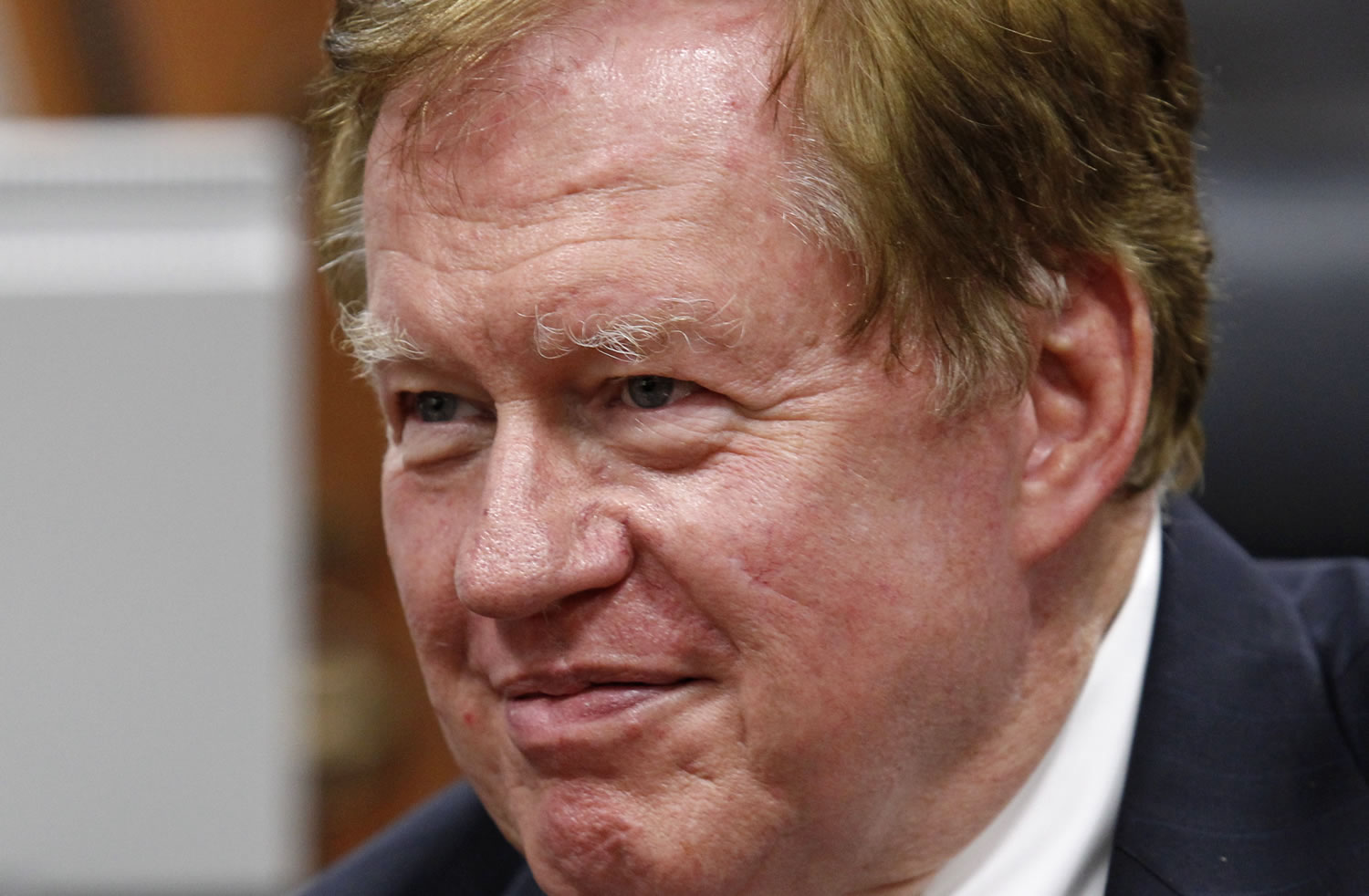WASHINGTON, D.C. — North Korea has rescinded its invitation for a senior U.S. envoy to travel to Pyongyang to seek the release of a detained Lynnwood man, the State Department said Friday, abruptly dimming hopes for improved relations already strained by the North’s nuclear program.
Bob King, the U.S. special envoy for North Korean human rights, was due to travel Friday from Tokyo to Pyongyang to request a pardon and amnesty for Kenneth Bae, and return today.
Bae, 45, a tour operator and Christian missionary, was sentenced in April to 15 years’ farm work by the authoritarian state, which accused him of subversion. He was recently hospitalized.
Department spokeswoman Marie Harf said the U.S. was “surprised and disappointed by North Korea’s decision” and remains gravely concerned about Bae’s health.
U.S. officials said they were puzzled by the North Korean move, as the two sides had been coordinating closely to facilitate King’s trip. It would have been the first public trip to North Korea by an Obama administration official in more than two years.
King intends to return today to Washington, D.C., from Tokyo.
Bae’s family expressed disappointment but said they were holding on to faith that talks would resume soon.
Harf said: “We have sought clarification from the DPRK about its decision and have made every effort so that Ambassador King’s trip could continue as planned or take place at a later date.” The initials DPRK refer to the country’s formal title, the Democratic People’s Republic of Korea.
“We remain gravely concerned about Mr. Bae’s health and we continue to urge the DPRK authorities to grant Mr. Bae special amnesty and immediate release on humanitarian grounds,” Harf said.
The North Korean diplomatic mission at the United Nations in New York declined to comment Friday.
In a sign that all was not well, North Korea abruptly took a stronger tone Thursday in its criticism of U.S.-South Korean military drills that began Aug. 19 and concluded Friday.
Pyongyang had initially responded to those computer-simulated drills with milder-than-usual language, which was seen as a sign of its interest in keeping up diplomacy. The regime of leader Kim Jong Un has also moved in recent weeks to improve relations with South Korea, a staunch U.S. ally.
“The trend for reconciliation and unity has faced a serious challenge due to the reckless nuclear war moves and confrontational racket against the DPRK being kicked up by the U.S. and the South Korean warmongers,” the North’s National Peace Committee of Korea said in Pyongyang’s characteristic, combative style.
In the statement carried by the state-run news agency, the commission accused the U.S. of flying nuclear strategic bombers above South Korea this week in an attack drill.
Former State Department official Evans Revere, who has negotiated with North Korea in the past over the fate of Americans detained there, said that the stronger reaction to the military exercise, coupled with the rebuff over King’s visit, could be an attempt by Pyongyang to get under Washington’s skin.
But he said that was unlikely to lead to the kind of dramatic escalation in tensions seen earlier in the year, and it would be interesting to see whether North Korea would reschedule the trip in the next few weeks.



